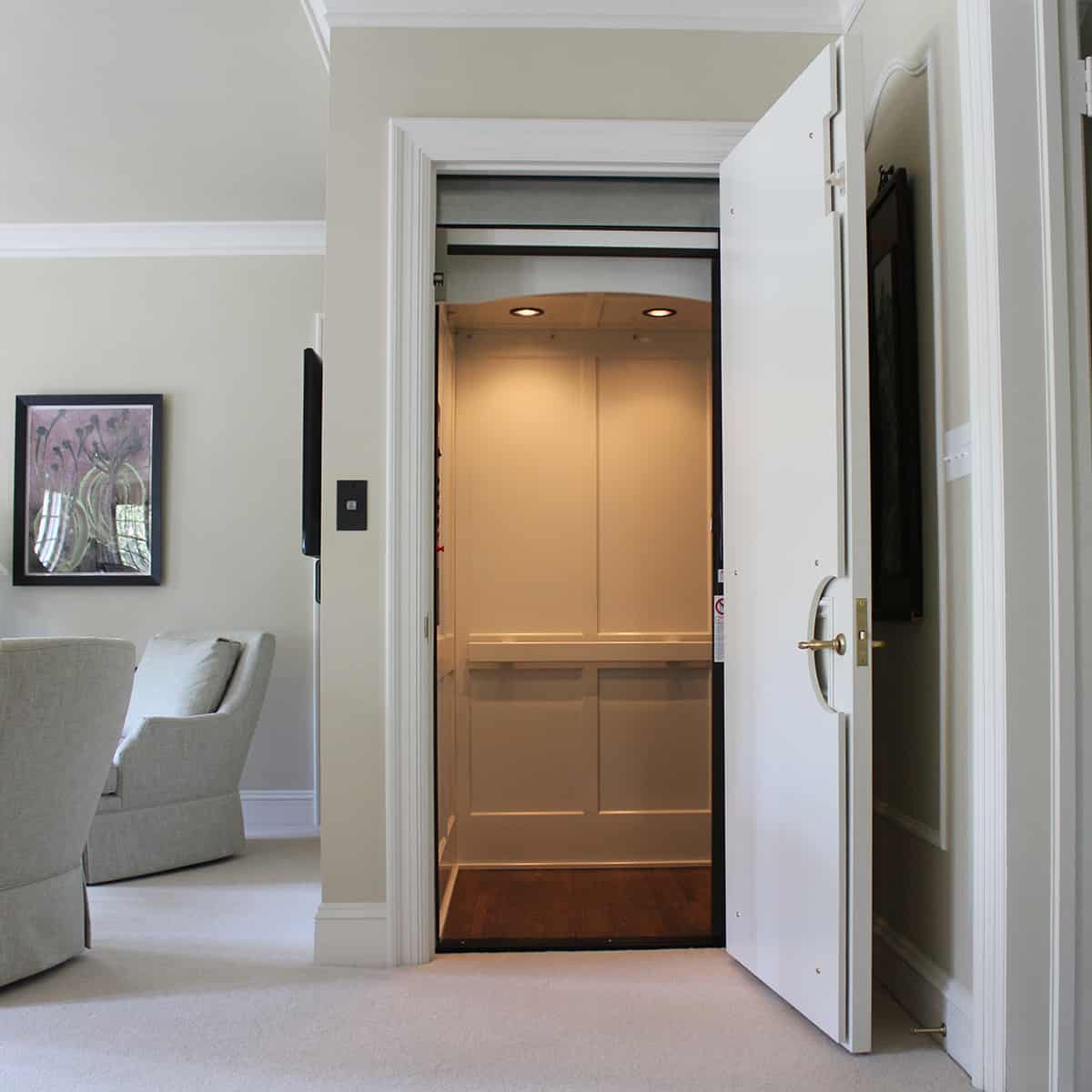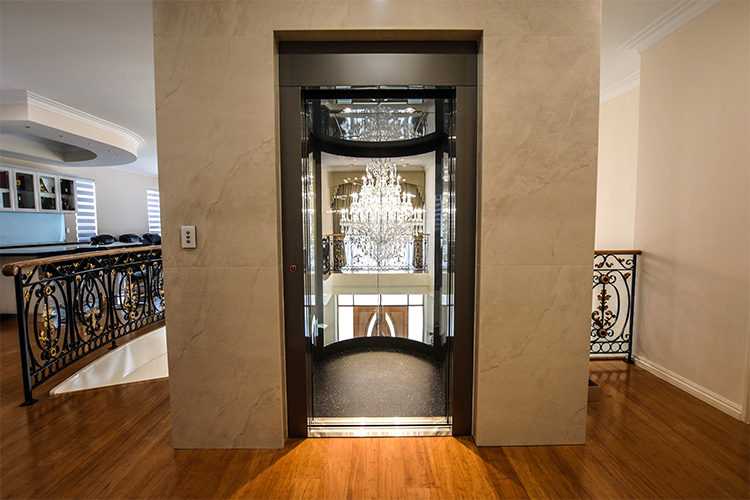All Categories
Featured
Table of Contents
- – In Home Elevator Cost Peoria, AZ
- – Celtic Elevator
- – Celtic Elevator
- – Residential Elevator Peoria, AZ
- – Celtic Elevator
- – In Home Elevator Peoria, AZ
- – Celtic Elevator
- – In Home Elevator Peoria, AZ
- – Celtic Elevator
- – Celtic Elevator
- – House Elevator Cost Peoria, AZ
- – Celtic Elevator
- – Celtic Elevator
In Home Elevator Cost Peoria, AZ
The number of floors the elevator will travel, the amount of construction required, and the elevator style will affect the total price. It’s worth noting that an elevator is not the same as a stair lift, which could be an option for some homeowners. Home elevators work well for multistory homes, for wheelchair users, and for carrying loads of groceries or equipment between levels.
Get free, no-commitment project estimates from home elevator installers near you. Though they share a similar function, home elevators and stair lifts are two distinct features with different costs. A home elevator is designed to carry at least one or two people, people in wheelchairs, or a person and their belongings from one level to the next.
The average cost of a home elevator is $30,000, but they can be much cheaper if they’re a vertical lift style or installed on the exterior of the house with an interior entrance. An alternative to installing a full elevator is to have a technician install a stair lift along the stairs so users can sit on the motorized seat and be carried up the stairs.
Stair lifts work well for homes that don’t have the right space to install an elevator. They’re also easy to install, which makes them a less expensive option in some cases. Stair lifts cost on average $3,000 to $5,000. Photo: istockphoto. com Home elevators are a unique addition to a house, and they come with a significant range of prices and options.
Residential Elevator Peoria, AZ

The size of the elevator and the kind of motor you choose will also influence the total price. Here are the top factors of home elevator costs so you can have a better estimate for your budget. Installing an elevator or lift in your house will take a fair amount of labor to get it done properly—especially if it’s being added to an existing house.
Alternatively, you could install a much smaller style of elevator (called a church elevator) that takes up a mere 10 to 15 square feet. This works best in small old buildings with little space and when a wheelchair isn’t needed for the ride. It might surprise you to learn that there are several kinds of elevator motors or drives you could choose to install.
Any floor that has an elevator access will have some localized construction debris during installation. Most residential elevators can be installed on up to four floors, but each floor comes at an additional cost. Expect to pay between $5,000 and $15,000 for each additional floor. If the elevator is being installed for necessity’s sake, you could choose which floors it’s most critical for and opt to install it on fewer floors. House Elevator Peoria, AZ.
Photo: depositphotos. com Beyond the standard factors for home elevator costs, you may need to review these additional price considerations. They don’t apply to every situation, but you may know right off the bat whether your retrofit or construction project will need to factor in the cost. Want to install a home elevator? Talk to a top-rated professional.
In Home Elevator Peoria, AZ
The drive type you choose will determine whether the installer needs to add a machine room or a mechanical room. A room is usually needed for cable or traction elevators where a counterweight is used to raise and lower the lift. Machine room-less (MRL) elevators may cost less and require less equipment and space than their counterparts.
Depending on the complexity of the house, the lack of space, or the size of the elevator, you’ll pay between $2,000 to $9,300 to hire an architect for a retrofit. Adding an elevator during a home renovation is an excellent way to save on some costs since the cost of an architect or electrician is spread across multiple projects.
Once the elevator is installed, you’ll spend $75 to $100 per hour for maintenance and repair plus any equipment costs. When an elevator is installed to help less mobile people reach other floors, you’ll need to install a code-compliant safety gate. Residential Elevators Peoria, AZ. Most elevators come with some kind of safety gate, but make sure it works for your needs.
All home elevators require inspections to ensure they operate safely. If you opt to sign up for a maintenance contract, it will include a yearly inspection to keep it up to date. Most areas require annual inspections, which cost at least $75. Want to install a home elevator? Talk to a top-rated professional.
In Home Elevator Peoria, AZ
It’s not uncommon for a homeowner to seek financing to add an elevator since it can quickly become a pricey addition. Some homeowners choose to pay with a credit card if it has 0 percent financing. Otherwise, you can shop around for a home improvement or home equity loan, or you can ask about financing rates directly from the elevator company.
Some residential elevators could be eligible for a tax deduction, but your accountant will have the best information for your situation. Photo: istockphoto. com Since the type of elevator you choose is a primary factor in the total cost, we’ve broken down each type with its associated costs (Low Cost Home Elevators Peoria, AZ). You’ll have a better idea of what style you might prefer and how it fits your budget.

The cable winds around a drum and raises or lowers the elevator. The drum and counterweight require extra space in a mechanical room, but they’re often used to retrofit homes. The cable needs to be inspected often since regular use can wear it out quickly. This style costs $15,000 to $35,000 on average.
No extra mechanical room is needed, and they operate more quietly than those with a cable or chain. Talk with the elevator company to determine if your home will need a pit to hold the piston or if it can be built without it - Affordable Home Elevator Peoria, AZ. You can expect to pay $30,000 to $50,000 for a hydraulic elevator.
House Elevator Cost Peoria, AZ
Get free, no-commitment project estimates from home elevator installers near you. Geared traction elevators have a gearbox on the top of the elevator that uses a pulley system to operate the elevator. This style costs $25,000 to $38,000, but it operates slower and can only travel up to 250 feet.
Gearless traction elevators don’t require an extra machine room since the pulleys work on a track inside the shaft with the counterweight. The only extra space needed is at the top of the shaft. You can install one of these for an average of $29,000 to $55,000. For another machine room-less option, opt for the chain-driven elevator with a counterweight attached to the chain that moves in the opposite direction of the elevator (Small Elevators For Homes Peoria, AZ).
Celtic Elevator
Address: 23025 N. 15th Ave Suite 102 Phoenix, AZ 85027Phone: (602) 369-2573
Click here to learn more
The downside is that this is one of the louder styles, which may not be conducive to a residence. This style costs $27,000 to $62,000 on average. A pneumatic elevator works using a pressurized vacuum system to push the elevator up and down. These elevators can’t be hidden behind walls and are often made of glass, but they’re still relatively simple to add to a house.
House Elevator Peoria, AZElevator Maker Peoria, AZ
How Much Does An Elevator Cost Peoria, AZ
Home Elevator Peoria, AZ
Elevator Maker Peoria, AZ
In Home Elevator Cost Peoria, AZ
Small Elevators For Home Peoria, AZ
How Much Does An Elevator Cost Peoria, AZ
Low Cost Home Elevators Peoria, AZ
Residential Elevator Peoria, AZ
House Elevator Peoria, AZ
Residential Elevators Peoria, AZ
Shaftless Home Elevator Peoria, AZ
Affordable Home Elevator Peoria, AZ
Residential Elevator Peoria, AZ
Small Elevators For Home Peoria, AZ
House Elevator Peoria, AZ
Residential Elevator Cost Peoria, AZ
Shaftless Home Elevator Peoria, AZ
Small Elevators For Homes Peoria, AZ
Affordable Home Elevator Peoria, AZ
How Much Does An Elevator Cost Peoria, AZ
Small Elevators For Home Peoria, AZ
Low Cost Home Elevators Peoria, AZ
Elevator Maker Peoria, AZ
House Elevator Peoria, AZ
Elevator Maker Peoria, AZ
Residential Elevator Cost Peoria, AZ
Home Elevator Peoria, AZ
In Home Elevator Cost Peoria, AZ
How Much Does An Elevator Cost Peoria, AZ
In Home Elevator Peoria, AZ
Elevator Maker Peoria, AZ
Residential Elevators Peoria, AZ
In Home Elevator Cost Peoria, AZ
How Much Does An Elevator Cost Peoria, AZ
Residential Elevator Cost Peoria, AZ
In Home Elevator Cost Peoria, AZ
Low Cost Home Elevators Peoria, AZ
Small Elevators For Home Peoria, AZ
Residential Elevator Peoria, AZ
In Home Elevator Peoria, AZ
Residential Elevator Cost Peoria, AZ
Home Elevator Peoria, AZ
How Much Does An Elevator Cost Peoria, AZ
Affordable Home Elevator Peoria, AZ
Find A Seo Company Peoria, AZ
Near Me Seo Specialist Peoria, AZ
Table of Contents
- – In Home Elevator Cost Peoria, AZ
- – Celtic Elevator
- – Celtic Elevator
- – Residential Elevator Peoria, AZ
- – Celtic Elevator
- – In Home Elevator Peoria, AZ
- – Celtic Elevator
- – In Home Elevator Peoria, AZ
- – Celtic Elevator
- – Celtic Elevator
- – House Elevator Cost Peoria, AZ
- – Celtic Elevator
- – Celtic Elevator
Latest Posts
Residential Elevators Near Me Peoria, AZ
Types Of Residential Elevators Peoria, AZ
How Much Does A Home Elevator Cost Peoria, AZ
More
Latest Posts
Residential Elevators Near Me Peoria, AZ
Types Of Residential Elevators Peoria, AZ
How Much Does A Home Elevator Cost Peoria, AZ